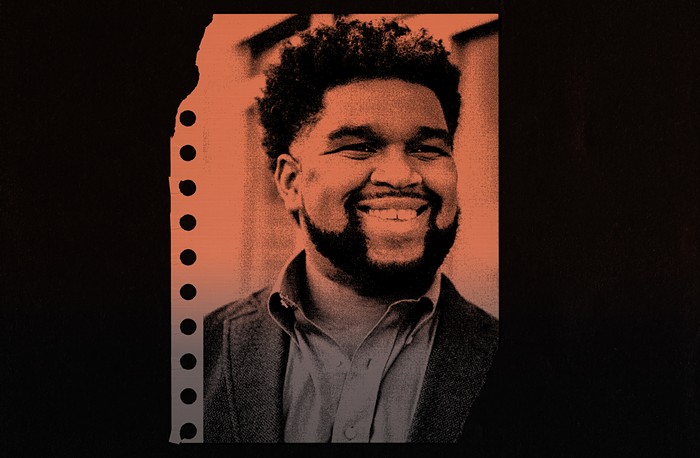
Tuesday afternoon a majority of the University of Washington's 1,200 postdocs—contract researchers who have finished their PhDs—signed cards in support of forming a union, according to a press release from UW Postdocs United. That same day the group hand-delivered a letter to university president Ana Mari Cauce announcing their decision.
"While Postdocs make vital contributions to the world-class research conducted at the UW, many of us still struggle to pay rent in our expensive city, to care for our children and families, and to overcome the challenges associated with job insecurity and arbitrary treatment," the letter reads. "The precarious nature of science funding, unstable regulation of visas, and new anti-immigrant federal policy all contribute to an even more uncertain future for early career researchers." After several long discussions, the group believes forming a union will give them the negotiating power they need to secure reasonable working conditions.
If the university fights UW Postdocs United's effort to unionize the way they fought the graduate students' efforts to unionize and the medical residents' efforts to unionize and the faculty's efforts to unionize, the organizers request a public debate so the administrators can explain themselves.
UW's senior director of media relations Victor Balta said the president's office is reviewing this action but has no response at this time.
Like almost every single non-administrative figure at a university, postdocs live and work in a cloud of uncertainty. They get hired on year-long contracts, but they can be fired with only 60 days notice if funding runs dry, which happens under mysterious and not-so-mysterious circumstances. This precarious situation sucks for anyone, but it's particularly cruel for international researchers working on a visa.
By way of example, in March of 2016, bio-engineering postdoc Joo-Young Lee signed a contract to work with UW for a second year. According to his Medium post, he was trying to "develop a clearer understanding of how genes change due to genetic instability in different conditions so we can better identify, treat and cure disease." Two months after he signed on with UW, the university told him there was some "mistake," and so they could no longer fund his research. He had 60 days to fix the situation, find another job, or else he'd have to go back to Korea.
"Mistakes do happen, and so I was willing to try and find a way to make things right," Lee writes. "My official PI [principal investigator] was not interested in helping. I explained that, if I could not find another position to transfer my J-1 visa in the U.S., it would create great hardship for me because when I committed to come to this lab in UW BIOE, I gave up the ability to receive research funding in Korea for five years. If I was forced to return, I would be unable to find work in the field I love and have trained in for so long. This did not change the minds of my official PI or my department chair."
Eventually, the grad student union (UAW 4121) got involved, which attracted the attention of university administrators, who ended up helping Lee find another job at Michigan State. "I’ve become convinced that, if I hadn’t begun to work collectively with other postdocs, the UW Postdoc Association, and the grad employee union, I would not have had the same outcome," he writes.
Shortly after the Trump administration issued the first travel ban, a former Iranian postdoc researching at UW told the union that she'd been dismissed from her position because her "supervisor was concerned about having an Iranian citizen working on the research project after the issuance of the Executive Order.”
These researchers, it should be noted, benefit the university by bringing in lots of money through grants. And when they make cool discoveries or publish ground-breaking papers, they also add prestige to the institution's labs, which helps those institutions recruit. However, the national minimum salary for postdocs is a bizarrely specific $47,484, which is pretty cheap labor relative to professor salaries.
UW Postdocs United's Michelle Tigchelaar says forming a union would allow the postdocs to negotiate for better pay, more reliable schedules, and parental leave.
"Parental leave and providing child care aren’t just about money, but about equity," Tigchelaar said over the phone. "A larger number of women decide to leave postdoc positions to have a family. Improving those benefits helps us widen the definition of who gets to be a scientist."
"It all goes back to this," she continued. "If we are more secure in our workplace, we will be able to do better work. The university as a whole, and science in general, benefits from that."














